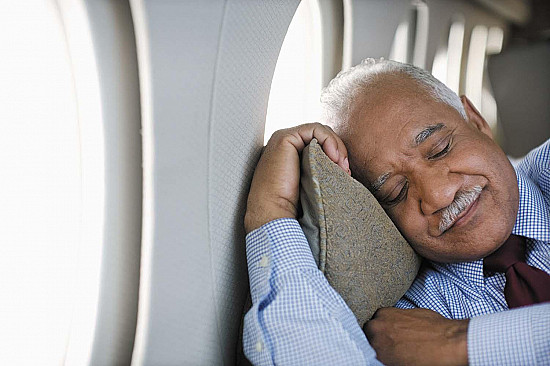Do people really get nightmares from eating late?
Medical conditions that wake you up can potentially lead to increased recall of dreams—including disturbing ones. A person who wakes up during the dreaming phase of sleep is "closer" to the dream and will therefore recall it more vividly. As for late-night eating directly causing nightmares, small studies of individuals who ate immediately before sleep have not shown a consistent relationship.
However, nocturnal eating can interrupt your sleep in various ways, prompting recall of disturbing dreams by the mechanism described above. For example, eating a large meal, especially a high-carbohydrate meal, could trigger night sweats because the body generates heat as it metabolizes the food. Also, gastroesophageal reflux (GERD), caused by lying down with a full stomach, may trigger symptoms that wake you up.
To continue reading this article, you must log in.
Subscribe to Harvard Health Online Plus (HHO+) to unlock expert-backed health insights, personalized tools, and exclusive resources to feel your best every day.
Here’s what you get with your HHO+ membership:
- Unlimited access to all Harvard Health Online content
- 4 expertly curated newsletters delivered monthly
- Customized website experience aligned to your health goals
- In-depth health guides on topics like sleep, exercise, and more
- Interactive features like videos and quizzes
- Members-only access to exclusive articles and resources
I’d like to subscribe to HHO+ for $4.99/month to access expert-backed content to help make smart, informed decisions about my well-being.
Sign Me UpAlready a member? Login ».
Disclaimer:
As a service to our readers, Harvard Health Publishing provides access to our library of archived content. Please note the date of last review or update on all articles.
No content on this site, regardless of date, should ever be used as a substitute for direct medical advice from your doctor or other qualified clinician.















